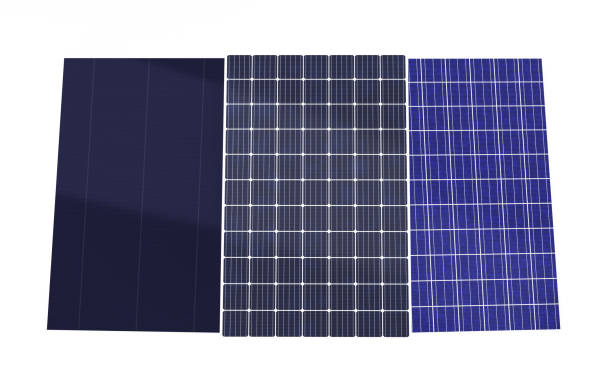Solar Power Showdown: Commercial vs. Residential Options

When considering solar power options for commercial vs residential use, it’s essential to understand their distinct requirements and benefits. This comparison sheds light on how each setup caters to different energy demands.
Understanding the Basics of Solar Power
Solar power harnesses sunlight to generate electricity. Both commercial and residential properties can use this green technology to reduce carbon footprints and electricity bills.
Key Differences in Solar Installations
Scale and Capacity
- Commercial solar systems are larger.
- They generate more power to meet high energy needs.
- Residential systems are smaller, tailored for home use.
Installation Area
- Commercial buildings often have ample roof space.
- Residential homes might have limited or shaded roofs.
Energy Requirements
- Businesses operate with greater energy needs.
- Homes require significantly less power, affecting system size.
Cost Implications
Initial Investment
- Commercial installations are more costly due to scale.
- Residential setups are more affordable for individual homeowners.
Return on Investment (ROI)
- Commercial properties may see quicker ROI due to higher usage.
- Residential ROI is slower but increases property value.
Incentives and Rebates
Governments often provide incentives to encourage solar adoption. Commercial properties might access different or larger incentives than residential ones due to their scale and impact.
Maintenance Needs
Commercial Systems
- Require professional maintenance.
- Involve more complexity due to size.
Residential Systems
- Generally easier to maintain.
- Families can often manage minor upkeep.
Case Studies
Commercial Solar Success
An industrial plant adopted solar power, reducing its operational costs by 40%. The large-scale solar power installation provided robust energy support during peak hours.
Residential Solar Impact
A family installed solar panels and reduced their energy bill by 50%. Their home valuation improved, benefiting from their sustainable investment.
Choosing the Right Option
Assess Energy Needs
- Businesses should evaluate their hefty energy usage.
- Homes need to consider daily and seasonal energy patterns.
Consult with Experts
- Both sectors can benefit from expert advice.
- Specialized consultations tailor systems to specific needs.
Conclusion
Choosing between solar power options for commercial vs residential use depends on specific energy requirements, available space, and financial capacity. Both setups offer substantial benefits, promoting sustainability and efficiency.
By selecting the appropriate solar system, any property can enjoy the advantages of renewable energy tailored to their particular demands.